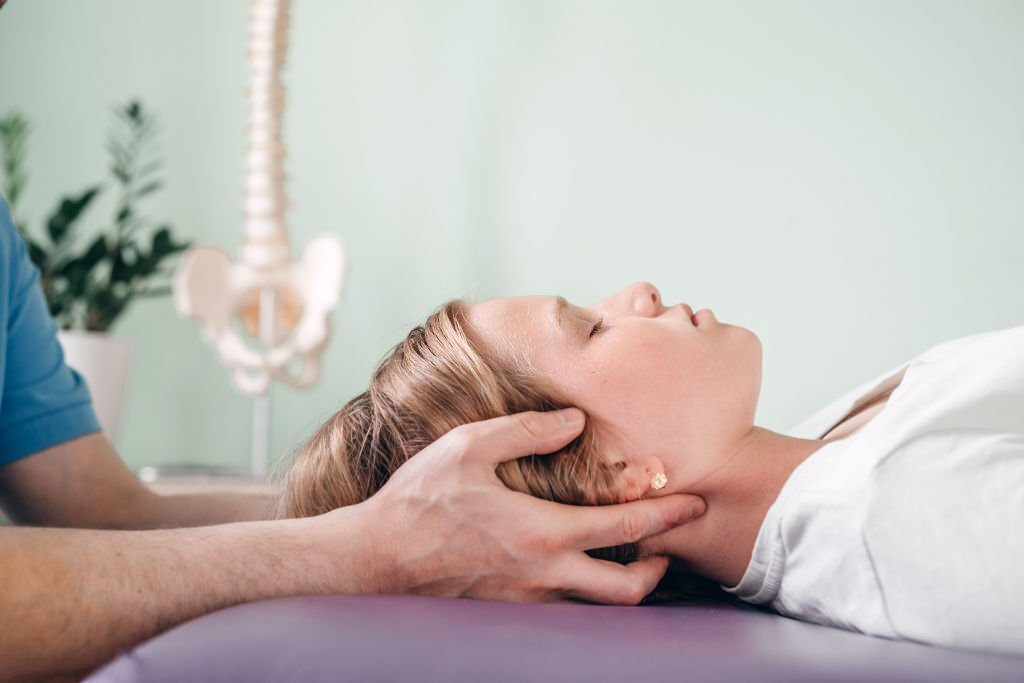
Vital Health Kingaroy Physiotherapy for Headaches
Headaches are a common problem that affects people of all ages, genders, and backgrounds. There are different types of headaches, including tension headaches, migraines, cluster headaches, and others. While headaches can be caused by a variety of factors, including stress, dehydration, hormonal changes, and medical conditions, they can be managed through different treatment approaches, including physiotherapy.
Physiotherapy is a form of healthcare that aims to promote physical function, mobility, and quality of life through the use of exercise, manual therapy, and other therapeutic techniques.
The following are ways that our Kingaroy physiotherapist may be able to help with your headaches:
Addressing Neck and Shoulder Tension: Tension headaches are one of the most common types of headaches, and they often result from muscle tension in the neck and shoulder area. Physiotherapy may help relieve these headaches by addressing the underlying muscular tension through different techniques such as massage, stretching, and joint mobilization.
In a randomized controlled trial published in the Journal of Physical Therapy Science, researchers found that a combination of neck mobilization and stretching exercises significantly reduced the frequency and intensity of tension headaches in patients with chronic tension-type headache. Another study published in the Journal of Manipulative and Physiological Therapeutics found that patients who received manual therapy, including joint mobilization, experienced significant improvements in the frequency and intensity of their tension headaches compared to those who did not receive manual therapy.
Improving Posture: Poor posture can contribute to headaches by causing tension in the neck and shoulder muscles, as well as increasing pressure on the nerves that supply the head and neck. Physiotherapy can help improve posture by providing patients with exercises to strengthen the muscles that support good posture and correcting any musculoskeletal imbalances that contribute to poor posture.
In a randomized controlled trial published in the Journal of Back and Musculoskeletal Rehabilitation, researchers found that a 6-week posture correction program significantly reduced the frequency and severity of headaches in patients with chronic tension-type headache.
Providing Relaxation Techniques: Stress and anxiety are common triggers for headaches, and physiotherapists can provide patients with relaxation techniques to help reduce stress and promote relaxation. Techniques such as deep breathing, progressive muscle relaxation, and mindfulness meditation can help patients manage stress and reduce the frequency and intensity of their headaches.
A randomized controlled trial published in the Journal of Physiotherapy found that patients who received relaxation training, including deep breathing and progressive muscle relaxation, experienced significant improvements in the frequency and intensity of their tension headaches compared to those who did not receive relaxation training.
In conclusion, physiotherapy can be an effective treatment option for managing headaches. By addressing muscular tension, improving posture, and providing relaxation techniques, physiotherapists can help patients reduce the frequency and intensity of their headaches and improve their overall quality of life. To book in with our experienced Physio in Vital Health Kingaroy call 41621335.
Follow us on our Facebook page.
References:
Ebrahimi E, Ansari NN, Naghdi S, et al. The effects of neck mobilization and exercise therapy on chronic tension-type headache: a randomized controlled trial. J Phys Ther Sci. 2014;26(5):705-708.
Fernández-de-las-Peñas C, Alonso-Blanco C, Cuadrado ML, et al. Are manual therapies effective in reducing pain from tension-type headache?: a systematic review. Clin J Pain. 2006;22(3):278-285.
Ylinen J, Häkkinen A, Nykänen M, et al. Neck muscle training in the treatment of chronic headache: a randomized placebo-controlled study. J Rehabil Med. 2010;42(4):344-349.
Rushton A, Rivett DA, Carlesso LC, et al. International framework for examination of the cervical region for potential of cervical arterial dysfunction prior.

